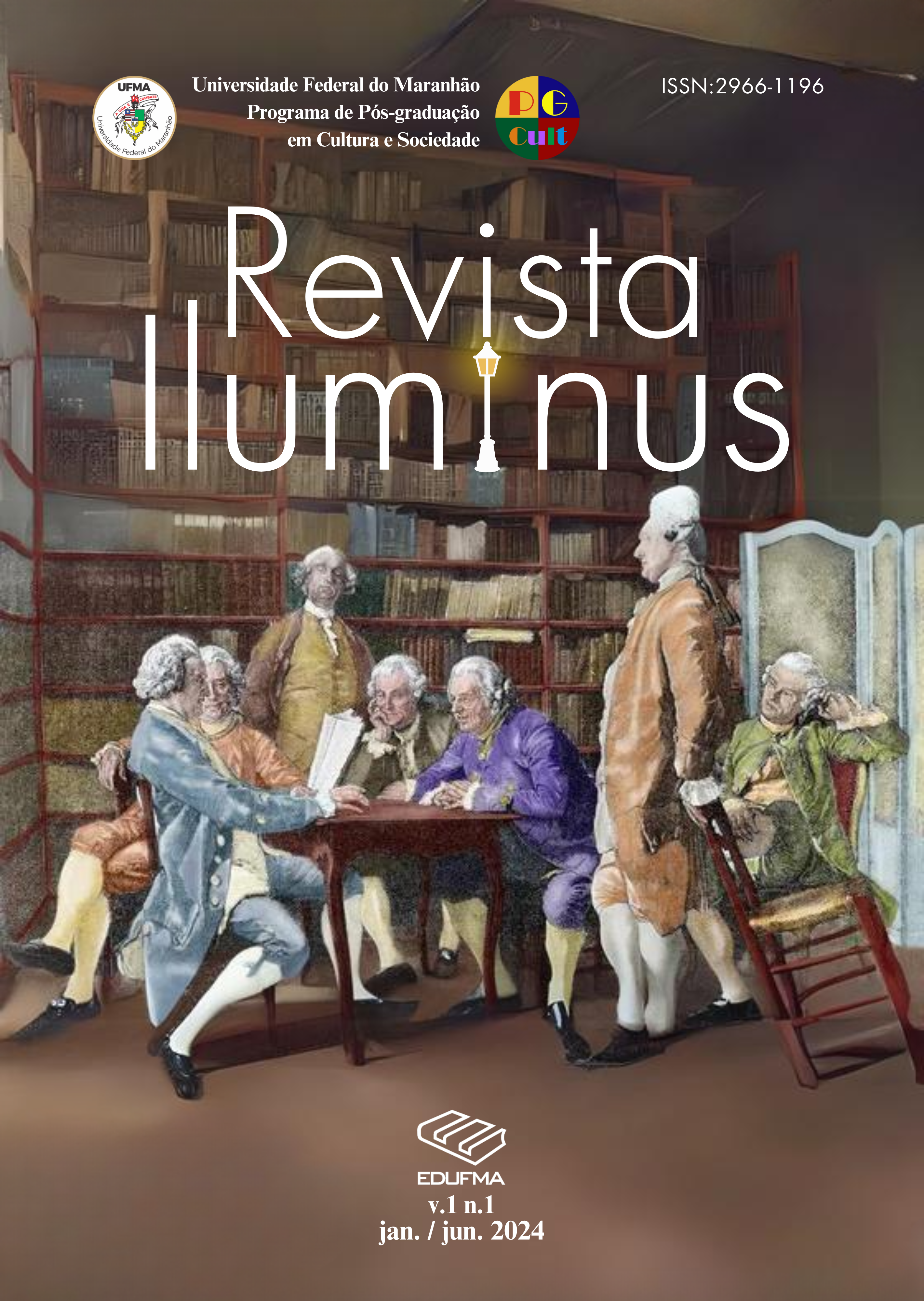Behind the veil of ignorance. Rousseau and the narratives of the origin of society
DOI:
https://doi.org/10.18764/2966-1196v1n1.2024.10Keywords:
Law, State of nature, Articles of incorporation, Freedom, CoercionAbstract
Rousseau gives the Social Contract a brilliant start. “Man is born free, and everywhere he is in irons.” But the revolutionary magic of the beginning quickly evaporates. Rousseau wants to legitimize the currents. To do this, Rousseau places his theory of socialization, developed in the Second Discourse, behind a veil of ignorance. The principles of political law have their own origins. The article analyzes the peculiarities and paradoxes of this new methodological approach.
Downloads
References
DERATHÉ, Robert. Jean-Jacques Rousseau et la science politique de son temps. Paris: P.U.F. 1950.
HOBBES, Thomas. Leviathan. Ed. Por CB.Macpherson. Harmondsworth, Londres, Penguin Classics, 1985.
ROUSSEAU, Jean-Jacques. Du contrat social ou Essai sur la Forme de la République (Manuscrit de Genève). Org. Bruno Bernardi e Blaise Bachofen. Paris: Édition Vrin, 2012.
ROUSSEAU, Jean-Jacques. Œuvres completes. Tome III. Paris: Bibliothèque de la Pléiade, 1964.
ROUSSEAU, Jean-Jacques. Œuvres completes. Tome VI. Paris: Bibliothèque de la Pléiade, 1969.
TWAIN, Mark. The Disappearance of Literature. In: Great Speeches by Mark Twain. New York: Ed. Bob Blaisdall, 2013.
VAUGHAN, Charles. Studies in History of Political Philosophy. Manchester, 1925.
Downloads
Published
How to Cite
Issue
Section
License

This work is licensed under a Creative Commons Attribution 4.0 International License.
A Revista Iluminus está licenciada com uma Licença Creative Commons Atribuição 4.0 Internacional.













